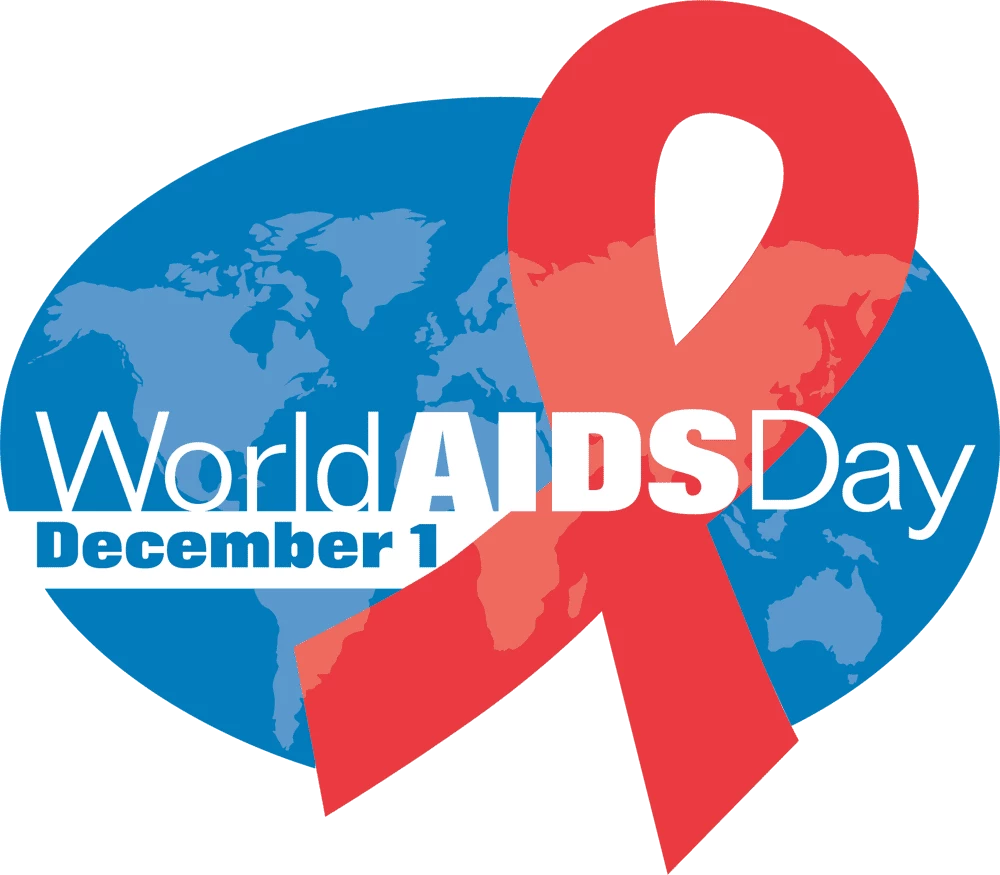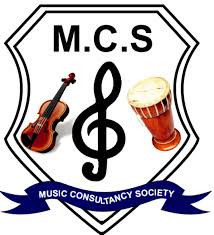
NewsDay has uncovered a possible scandal where suppliers of bottled water are selling contaminated water, which, according to the Government Analyst Laboratory, is unfit for human consumption.
REPORT BY PHILLIP CHIDAVAENZI
The tests revealed that some components found in the bottled water that people are buying contained chemicals that slowly poisoned the human body. Out of 16 samples sent for testing by this paper, seven were condemned as unsafe.
 GRAPH BY TINOTENDA SAMUKANGE AND TAPIWA ZIVIRA
GRAPH BY TINOTENDA SAMUKANGE AND TAPIWA ZIVIRA
The government laboratory found water being sold under trade names Ad Life, Well Pure, Aqua Crystal, Century and Revive had harmful organisms and was not safe for drinking, while that sold under the names Leau Choisie and Aqualite had high chemical compositions.
We also sent along with the samples water supplied to Harare residents by the Harare City Council and that water was also condemned as unsafe for human consumption.
The tests cleared water from suppliers trading as Border Streams, Bubble Springs, Mr Juicy, Schweppes, Tingamira and Nestle Pure Water as safe for human consumption.
A senior analyst with the Government Analyst Laboratory, Raphael Nyamande, said for any brand of water to be considered potable, it had to have negligible amounts of harmful living organisms and chemical components – which was not the case with the samples condemned.
- Chamisa under fire over US$120K donation
- Mavhunga puts DeMbare into Chibuku quarterfinals
- Pension funds bet on Cabora Bassa oilfields
- Councils defy govt fire tender directive
Keep Reading
The Government Analyst Laboratory uses the World Health Organisation Guidelines for Drinking Water Quality (2008) Regulations.
“If the sample has failed in either the microbiological or chemical aspect, then it is condemned and not suitable for consumption. Both sets of results have to agree,” he said.
In his report, Nyamande said some of the samples violated the country’s food standards regulations.
“Samples FP189-190/13 (Ad Life and Well Pure), FP193/13 (Century), FP197/13 (Aqua Crystal), FP199/13 (Revive), and FP204/13 (Harare municipal water) violated the Food and Food Standards (Natural Mineral Water and Bottled Drinking Water) Regulations 2002, Section 4(b) in that they contained viable micro-organisms. The water was found not suitable for bottling,” the report read.
Ideally, bacteria forming colony units (cfu) in water should not exceed 100 per millilitre if the water is to be regarded safe for drinking.
The tests, however, established that in Aqua Crystal and Revive, the cfu/ml were “too numerous to count”.
The report said in the case of Leau Choisie (FP191/13) and Aqualite (FP201/13), cadmium and zinc — used to soften water — were found to exceed the maximum permissible limit, and therefore required treatment before consumption.
A medical doctor in Harare, who declined to be named for professional reasons, said cadmium and zinc work in the body in small quantities, but could end up poisonous if consumed in large quantities over a long period of time.
“Since these are just minerals, the body absorbs what it requires from the amounts consumed. Cadmium and zinc, however, have high toxicity levels so they end up like poison in the body, although this is quite rare. The effects of colony forming units, however, are not really specific, but one can end up experiencing things like abdominal pains, vomiting and diarrhoea,” he said.
An official with Chromo Pak Investments, producers of Ad Life, who was identified only as Mapiye, however, disputed the allegation that their water was sub-standard.
“We normally carry out checks. We have a quality assurance department which is responsible for that. We would need to see the results that you have and see the parameters that they were using because Standards Association of Zimbabwe (SAZ) officials do routine checks,” he said.
Farai Gunda, a manager at Mukati Investments, producers of Well Pure water, also dismissed the results, saying their product was routinely tested and met the SAZ specifications.
“We have certificates that show our water is purified. There are periodic tests carried out by SAZ every three months. In March, they actually came and did the tests and we have certificates for all the brands — 500ml, 2 litres and 5 litres,” he said.
Century Ice was listed among seven companies that SAZ last month said had been suspended for failure to register with the Food Standards Advisory Board, but their product, which was said to be unsuitable for bottling, is still found on the market.
Company director Tim Chiganze, however, said he could not dispute the results since contamination could happen at any stage between production and consumption. He also blamed “pirates” for allegedly bottling contaminated products and sticking the Century label on the bottles.
“Because of this problem, we are working on security features for our product. We also carry out routine laboratory checks with different private laboratories. We, however, have not been certified because we didn’t know the regulations,” he said as he showed this paper reports of laboratory checks done on their water.
The pH (acidic level) in Ad Life and the cadmium in Revive were said to require monitoring.
The tests also showed that Harare municipal water’s zinc concentration exceeded the maximum permissible limit.
Revive Beverages’ telephone numbers were continuously ringing, while Aqua Crystal Beverages’ numbers, provided on their labels, sounded non-functional.











